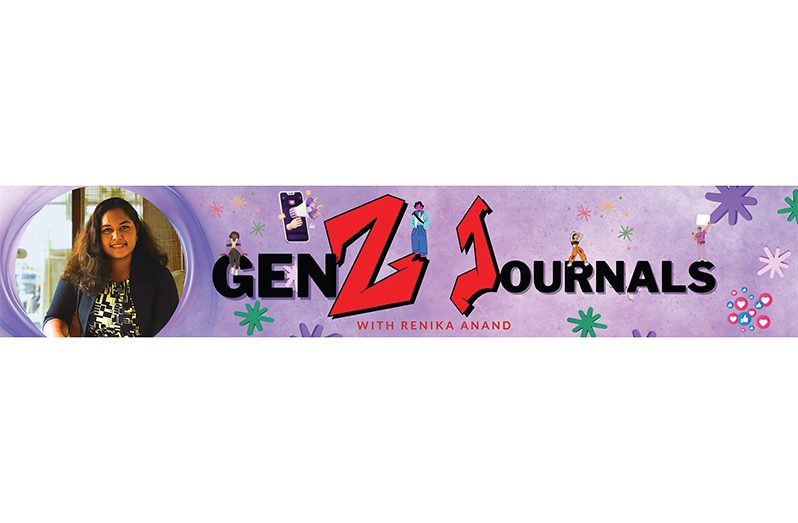WHEN the seasons change, the soil opens up like an upturned palm to collect the fading remnants of the living world. As saddening as it can be, this part of nature is both inevitable and important at the same time. All living things must eventually die, and when they do, they decompose and become part of the soil. The nutrients added to the soil during this process will determine what the next generation of flora and fauna is capable of becoming. If the soil is richer, the plants that grow in it will be more nutritious, and the animals that feed on these plants will grow stronger. If not, there will be fewer plants and less food for the animals that depend on them.
In a way, the knowledge that is passed on from one generation to another is like the nutrients that are added to the soil at the end of each season. The information that an older generation gives to the new generation is the nutrient that will determine the quality of its members. If the knowledge that they receive is powerful, it can create a world where individuals thrive and grow at every stage of their lives, contributing positively towards their societies. If the knowledge they receive is limited and weak, then they are doomed to begin life at a disadvantage.
Of course, when it comes to Generation Z, we can safely say that we are not at a disadvantage as we begin our lives. Although there are certainly many flaws in the world that we are meant to inherit, we can rest assured that none of these issues will be based on a lack of valuable knowledge or information. In fact, we may be one of the few generations that have been fortunate enough to receive such a vast amount of knowledge from the research and investigations conducted by older generations. Whilst many of our ancestors were doomed to live in a world where it was not common knowledge that the Earth revolved around the Sun, or that many diseases could be prevented just by washing their hands, we have the chance to live in a completely different world!
In our world, we have enough knowledge to know how to take care of ourselves and live healthier lives. We can learn about the Sun and stars, as well as the atoms that make up the air we breathe. Not only do we possess all this knowledge, but we also have the ability to gain much more of it at any given time. This ability has become our freedom and our gift. It is what makes us more powerful and more capable than those who have come before us.
Now, we have a responsibility to ensure that every generation that comes after us will share this freedom and become even more powerful than we are.
However, there is a hurdle that we have not yet fully noticed. Now that we have access to raw information and almost no limits to what we can know, we have begun to establish our own boundaries. We have begun to mix our own opinions with facts by choosing to be selective rather than receptive to the knowledge we come across.
Of course, there is no world in which we can absorb all information without allowing our instincts or opinions to influence our understanding. Yet, we must accept that sometimes we will come across information that contradicts everything we believe in, but is still factually correct. We may have had prior experiences that lead us to be sceptical of a new finding or invention. Scepticism can eventually evolve into bias, and we will be disinclined to accept the information, much less pass it on to a new generation. This can result in a loss for future generations.
Although we possess considerable knowledge, we forfeit the opportunity to utilise it effectively when we are not open to expanding it. Sometimes, it is useful to imagine that every new innovation or discovery is a new page in a new book, and not a continuation of a story that you have already been reading. Of course, we all know that a book is easier to read when you have not yet judged it by its cover!



.jpg)








